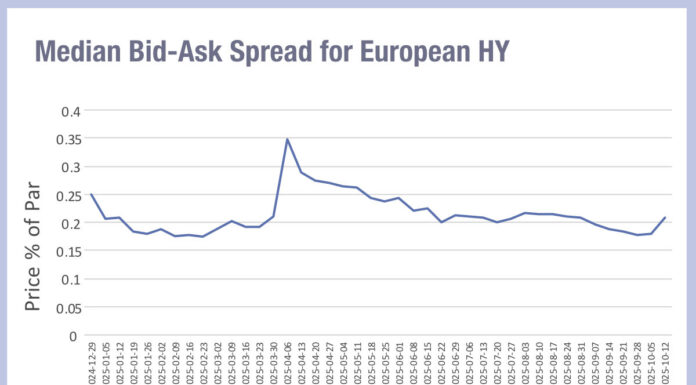Political instability feels more of a threat than ever, but what impact is it really having on markets? Exchanges weighed in at this year’s International Derivative Expo conference, and considered other challenges and opportunities for European derivatives markets.
With 2024 a historic year for elections – citizens of 55 countries will be headed to the polls – the impact of results on policy priorities was raised. Despite recent results across Europe, “there will be no transformation in the European landscape even if there is a slow increase of the far right”, assured Stéphane Boujnah, CEO and chairman of the managing board at Euronext. It’s not that political instability has no impact; Boujnah acknowledged the greater spreads caused by Macron’s recent call for a snap election in France, but reassured that “nothing is going to happen that is going to transform the French economy in a matter of months”.
For commodity markets geopolitical disruption is business as usual, stated Chris Rhodes, president of ICE Futures Europe, an expectation built into operations. “It’s not the biggest factor driving decisions at the moment,” he said, but the market has risk management tools in place to deal with issues that may arise.
That said, the buy side is focused on the US election. There’s a particular eye on the impact results will have on the energy markets, Rhodes warned, observing a “heightened risk awareness” in the current climate.
Challenges
When polled, the audience cited regulatory burden as the biggest challenge for the derivatives industry in Europe over the next five years. Also of concern were outmoded and inefficient technology and the rising cost of doing business. A recent study from Acuiti and the FIA showed the same results, noted Bruce Savage, head of Europe at FIA, with regulation chosen as the primary challenge for growth and profitability across the majority of the industry.
“There is a reason that regulation is put in place,” affirmed Robbert Booij, designated CEO at Eurex, but added that there are areas where things could be simplified. Considering EMIR 3.0, Rhodes noted that there is a level of confusion when it comes to what is being addressed with active accounts.
Opportunities
On the other side of the coin, the audience named cost reduction and efficiency gains through technology investment as the biggest opportunity to develop and grow European derivatives markets over the next five years. Growth in new products and asset classes was seen as the second best space for opportunity, while a growth in retail trading was the least popular choice.
Booij highlighted the importance of following customer demand in the technology space, rather than releasing new products on spec. From a retail angle, he commented that some exchanges have managed to capture significant retail flow on options but that risks need to be carefully managed and corporate education is needed to engage flow in markets.
Looking ahead, Rhodes noted a focus on growing the pie across the industry. Taking an optimistic view on the future of the markets, Boujnah emphasised the importance of being a follower rather than a leader, he continued; “The climate is not the market, we are. We make things happen, we make decisions, we influence things. I’m not only optimistic about the market, I’m enthusiastic.”
©Markets Media Europe 2024
©Markets Media Europe 2025












